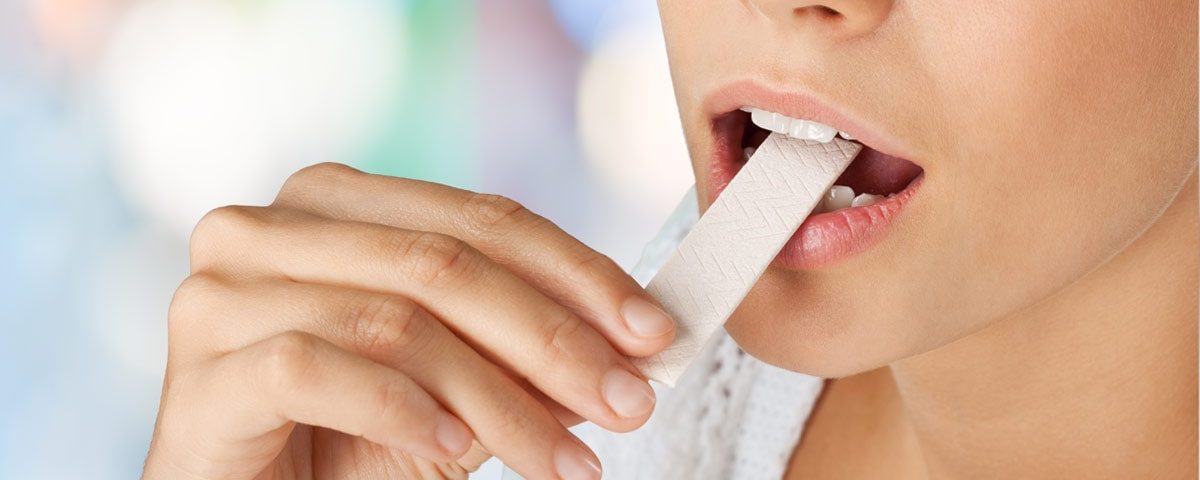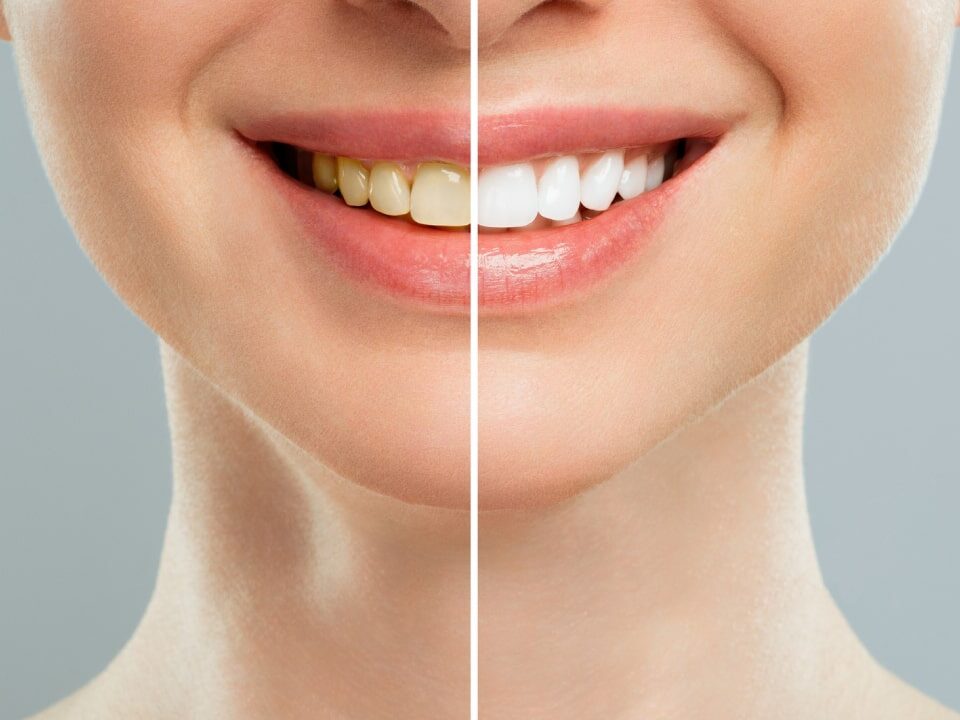
How to Reduce Tooth Pain after Filling?
June 5, 2025
Can You Kiss with Snap-on Teeth?
June 12, 2025Getting your wisdom teeth out is no small thing. You’re sore, tired, and probably a little nervous about messing up your healing. One question we hear a lot is, “Can I chew gum after wisdom teeth removal?” It might sound like a small thing, but it’s not. What you do in the first few days can make a big difference.
Let’s tell you what you need to know about chewing gum and the possible dangers of chewing gum after wisdom teeth removal.
Table of Contents
ToggleCan You Chew Gum After Wisdom Teeth Removal?
No, you should not chew gum right after the removal of wisdom teeth. You may feel it’s not something big, but it can slow down healing or even cause pain and problems. Here’s why you should wait to chew gum after tooth extraction:
Chewing Gum Can Break the Blood Clot
After your wisdom teeth are removed, your body forms a blood clot in the empty space where the tooth was. This clot is like a natural bandage. It protects the area so new tissue can grow.
But if you chew gum after wisdom teeth removal, your mouth will move a lot and can create a sucking or pulling force, especially if you’re chewing hard or fast. That pressure can pull the clot out or break it apart. If that happens, the bone and nerve underneath are exposed. This causes a painful condition called a dry socket. Dry sockets can hurt worse than the surgery itself and can take weeks to heal.
Gum Can Get Stuck in the Surgical Site
When your gums are swollen, and you’re still numb, it’s easy for pieces of gum to get stuck near the surgery site. If it gets lodged in or near the socket, it can cause a problem. It might push the clot out or even carry germs into the open wound. You might not notice it right away, but it can lead to infection, swelling, or pain.
Extra Chewing Strains Your Jaw
After surgery, your jaw has already been through a lot. Holding your mouth open for a long time can make it sore and tired. If you chew gum after wisdom teeth removal, you will make it even worse. Your jaw muscles need time to rest and recover. Chewing too soon can lead to pain when opening your mouth or even cause tightness that lasts for weeks.
Click Here to Learn about Ahwatukee Snap-On Smile
Sugar and Flavors Can Irritate Healing Gums
Most gums have sugar, artificial sweeteners, or strong flavors like mint or cinnamon. It is true, especially the ones you find at gas stations or convenience stores. These ingredients may seem harmless, but they can actually irritate the healing area. Some sweeteners can also throw off the natural bacteria balance in your mouth, which raises your risk of infection.
Chewing Slows the Healing Process
Chewing may seem easy, but your mouth muscles work hard while doing it. If you chew gum after wisdom teeth removal, it takes away from the energy your body needs to heal. Blood flow and recovery get slowed down. That means the pain, swelling, and risk of infection last longer.
When Can You Chew Gum After Wisdom Tooth Extraction?
Let’s see when you can start to chew gum after wisdom teeth removal:
| Time After Surgery | Can You Chew Gum? | Why or Why Not |
| Day 1–3 | No | Blood clot needs to form and stay in place. Gum can knock it out. |
| Day 4–6 | No | Healing just started. Gum may slow it down or cause dry socket. |
| Day 7–10 | Maybe (ask your dentist first) | If you’re healing well, your dentist may say it’s okay. Use sugar-free, soft gum only. |
| Week 2 | Yes, but carefully | Most people can chew gum gently. Don’t chew near the healing spot. |
| Week 3 | Yes | Your mouth should be mostly healed. Still, use caution if you feel pain. |
| Week 4 | Yes | You’re safe to return to normal chewing. But check with your dentist if you’re unsure. |
Alternatives for Chewing Gum
If you’re craving gum for the taste or to help with stress, try these safer options while you heal:
- Drink cool water to stay fresh and hydrated.
- Use alcohol-free mouthwash to keep your breath fresh.
- Chew on soft, sugar-free mints (ask your dentist first).
- Take deep breaths or use calming apps to ease stress.
- Rinse gently with warm salt water to soothe your mouth.
The Bottom Line
So, can you chew gum after wisdom teeth removal? The honest answer is not right away. Your mouth needs time to heal. Chewing gum too soon can lead to dry sockets, pain, or infection. It’s not worth the risk. Be patient, take care of your mouth, and ask your dental expert before adding anything new to your routine. Once your healing is on track, you’ll be able to enjoy gum again.
FAQs
Can chewing gum cause a dry socket?
Yes, it can knock out the blood clot and lead to a dry socket.
Does chewing gum help wisdom teeth pain?
No, it can actually make the pain worse and delay healing.
How soon after wisdom teeth removal can I chew gum?
Usually, after 7 to 10 days, but only if your dentist says it’s okay.
Can I chew gum 5 days after wisdom teeth removal?
No, it’s still too early. Your gums are still healing.
Can I chew gum 3 days after tooth extraction?
No, this is a high-risk time for dry sockets. Avoid gum.
Can I chew gum a week after wisdom teeth removal?
Maybe. Some people can, but ask your dentist first.
Can I chew gum 2 weeks after wisdom teeth removal?
Yes, but be gentle, and don’t chew near the extraction site.
Can I chew gum 3 weeks after wisdom teeth removal?
Yes, most people are healed enough by then.



